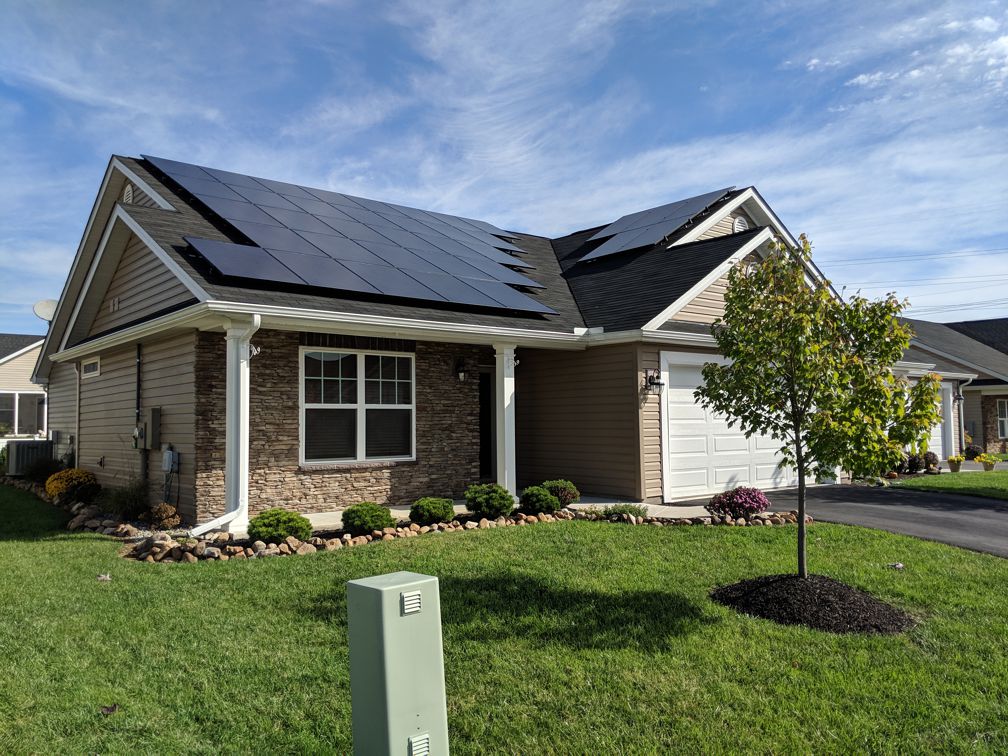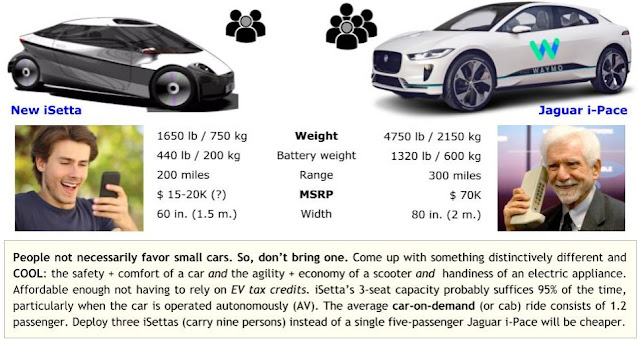Only one question.. solar? Adding solar to a model 3 can make it very competitive with $18000 cars when you consider TCO over 10 years and residual value, even without tax credits. I know it's tough for someone buying an $18k car to have that kind of but picture view. The more miles you drive the better the value as well and the more valuable the solar can be as an investment.
Why? Because adding a solar power system to a house will cost more than the car in many cases. A Model 3 I can buy this year is a minimum of $44,000 before taxes and a medium sized solar system putting out 6kW for an all electric house (3 br, 2 bath, five person family) and that only covers about 60% of the needed electricity for this house with optimal south facing roof. Solar City quoted me $40,000 for this system.
This was my case. I chose not to invest in solar because of the fact that a system covering my whole roof would take 15 years to break even and is only warrantied for 20 years for the systems I've seen. I don't need a new roof, so a Tesla solar tile roof would be an unnecessary cost. Car charging and Winter in PA both negate any Net Metering that is advertised as cost mitigation. A large solar array would be an emotional purchase that my local realtor tells me will decrease the value of my house because it will be "ugly."
Additionally, anyone I've known who was buying the $18,000 commuter car is likely not interested in an up front investment of $44k for a Model 3 and an additional $40k up front for solar.
The reality is that in PA just North of Pittsburgh, the 15 year Total Cost of Ownership for the $18,000 car with oil changes and gasoline is WAY less than buying a Model 3 now and adding solar to my house. I would venture a guess that a plug in hybrid like the Volt or Prius is still much too expensive to justify buying new if cost per mile is my only concern.
When we figure out how to make a desireable electric car that costs the same new as a Corolla or Civic (less than $20,000) the the EV revolution will be in full swing.
That being said, I enjoy my used Model S that I charge using a 120V/15A standard plug in my garage. It works wonderfully and I am anxiously awaiting the near future where battery technology and cost for electric cars and solar will make sense for the masses.




